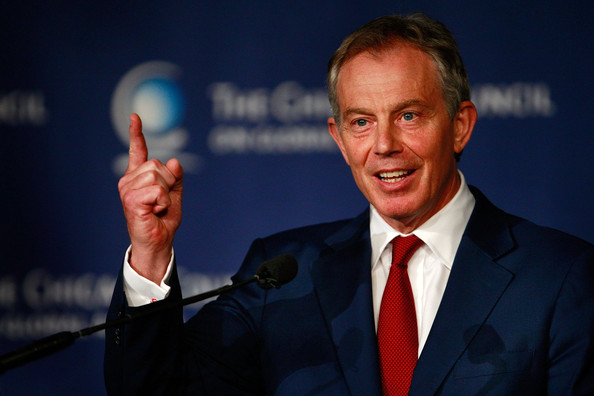There's a short answer to this question posed in the Telegraph:
Are prefab boxes the answer to Britain's severe housing shortage?
That answer being "No".
There's a longer possible answer as well: "No way".
Because, as the article itself goes on to point out, the problem is not in fact the cost of housing:
“The nature of London property prices in particular makes moving house impossible. We want to prove prefabs can be cool - if you have spare land, why not have an extra bedroom. And you can take it with you if you do move, “ said Lee Thornley, co-founder of Bert & May. He adds that prefabs are a cheaper alternative to costly extensions, as planning permission isn’t required for structures that are counted as mobile homes.
That "cheaper" part isn't quite right:
Bert & May Spaces, which launches its units next month at design show Decorex, will sell three types of units. The smallest will be a one-roomed box retailing for £25,000, a one-bedroom unit will be available from £75,000, while the most expensive will be the two-bedroom option at £150,000.
Because any form of volume building operation will have a build cost of better than £150k for a two bedder. However, accepted, the total cost, when including that planning cost, might well be lower. But at this point we need to note that it isn't the cost of building houses that is the problem. It's the cost of negotiating the planning system.
That is, prefabs, classed as mobile buildings, are an arbitrage around the planning system. Meaning that our problem is in that planning system, not in building nor the cost of it. Our solution must therefore be to do with the planning system as that is the root cause of our problems.
It's possible to be reformist here and suggest minor changes and tweaks to the system. But we are increasingly of the opinion that that's just not going to work. We're not entirely convinced that incremental reform is impossible but very nearly so. Thus the solution is simply the wholesale shredding of the Town and Country Planning Act of 1947 and all the subsequent updates to it.
The real importance of this solution is that we know that it would actually work. It's said that we need 250,000 new homes a year: the last time the private sector managed this was in the 1930s, before planning became so constipated restricted. And what was constructed was exactly what gains a significant premium in today's market: the 1930s suburban house, the very thing which people fight over to buy in the Home Counties.
That is, the last time the market was left free to build houses for the people the industry built the houses that the people wanted, where they wanted them. Our current system does not manage that so why not blow up that current, nonfunctional, system and retreat back to the last one we had which actually worked?















